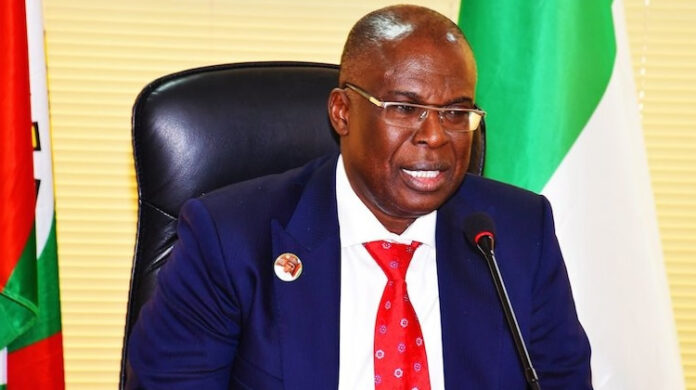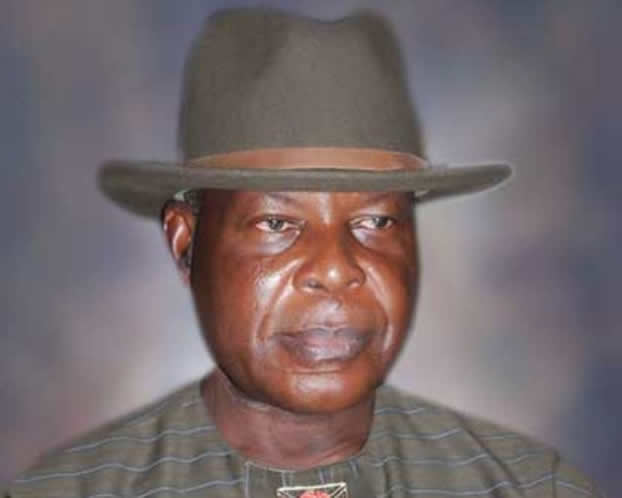Sylva Rejects Bayelsa Tribunal Verdict, Heads To Appeal Court
The governorship candidate of the All Progressives Congress in Bayelsa State and former Minister of State, Petroleum, Timipre Sylva, has rejected the Bayelsa Governorship Election Tribunal judgement which upheld the election of Douye Diri as the state governor.
Following the meeting, he directed his legal team to seek justice at the Court of Appeal.
“We are not satisfied with the decision of the tribunal. But this is just a court of first instance and after meeting with the elders and critical stakeholders of our great party, the APC, we directed our legal team to seek justice for Bayelsa at the Supreme Court.
The governorship candidate assured the people of Bayelsa that the court of appeal would surely correct the travesty perpetrated by the tribunal.
He said the liberation of Bayelsa was close and that justice was inevitable for the traumatized people of the state appealing to them to remain positive, law-abiding, and steadfast.
Sylva had in the course of the sitting of the tribunal accused the tribunal of bias following several infractions observed by his lawyers during the hearing of the case.
Though he subsequently filed an interlocutory appeal demanding the dissolution of the panel and reconstitution of a new one, his petition was thrown out by the President of the Court of Appeal.
Earlier, the tribunal upheld the election that produced Diri as the state governor.
A three-man panel led by Justice Adekunle Adeleye dismissed the petition filed by the candidate of the All Progressives Congress, Timipre Sylva, and the party for lacking merit.
In a unanimous decision, the tribunal held that the petitioners failed to prove any credible evidence to back up any of the allegations they raised against the re-election victory of Diri.
It held that the prayers of the petitioners were contradictory.





